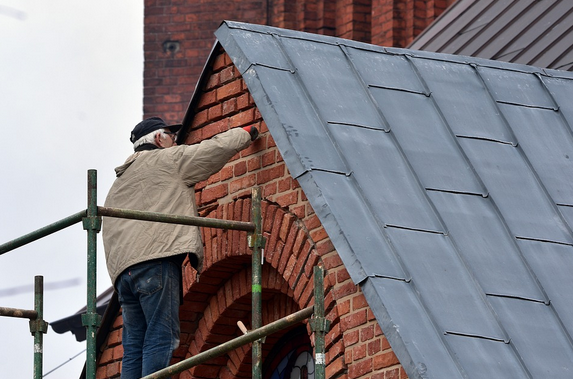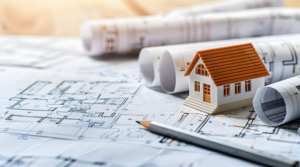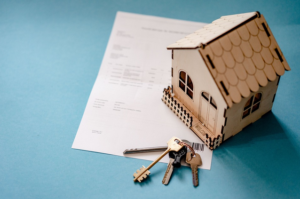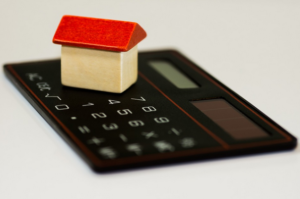Are you dreaming of turning that fixer-upper into your dream home? If so, the FHA 203(k) loan might be your golden ticket. This unique financing option allows homeowners to roll renovation costs into their mortgage, making it easier to tackle those much-needed updates. However, knowing the rules and limits before ensuring yourself qualify for this loan can feel like wandering through an endless maze without a map. So check out this well-researched article, How to Qualify For an FHA 203k Loan in California, before you execute the plan.
Hidden regulations could easily trip you up on your journey toward home transformation, so make sure you’re getting the basics right. These crucial elements of the FHA 203(k) loan could either pave your path or throw obstacles in your way as you embark on this renovation adventure!
Minimum Repair Costs
One of the first things to understand about FHA 203(k) loans is the minimum repair costs. The program requires that renovation projects meet a specific threshold, which can catch some homeowners off guard. For standard 203(k) loans, the minimum repair amount typically starts around $5,000. This ensures that you’re making meaningful improvements rather than just minor cosmetic fixes. If your project falls below this limit, you won’t qualify for funding through this loan type. It’s essential to plan ahead and scope out your renovations carefully.

Mandatory HUD Consultant
A HUD consultant helps navigate the complexities of your project. They assess the property and ensure that all proposed renovations comply with FHA guidelines. Their expertise can get you out of trouble, which will cost you a fortune. Moreover, this consultant prepares necessary documentation for both lenders and contractors. So what will you get? Definitely, you’ll feel less stress for you as they handle communication between all parties involved. However, note that their services are mandatory if you’re planning extensive repairs or your total renovation costs exceed $35,000.
No Luxury Home Upgrades Allowed
Another significant limitation is the prohibition of luxury home enhancements. This means you won’t be able to transform your space into a high-end oasis with lavish features. Items like swimming pools, outdoor kitchens, or elaborate landscaping are off-limits. The focus here is on practicality and necessity rather than indulgence. The goal of this program is to improve safety and livability without straying into extravagant territory. These rules exist to ensure that funds are directed toward essential repairs and improvements that benefit livable homes.
Licensed Contractors Only

If you’re thinking of getting an FHA 203(k) loan, prepare for a strict requirement: only licensed contractors can touch your renovation project. This isn’t just a suggestion; it’s a rule designed to ensure quality and safety. Hiring someone without the proper licenses can jeopardize your funding. If you want smooth sailing through the loan process, stick with the professionals who know their stuff. Licensed contractors bring experience and accountability to the table. You’ll likely need to provide documentation of their credentials during the application and approval stages. Taking shortcuts here could lead to delays or even rejections.
So, while you may dream of turning your house into a mansion, this isn’t the path for those aspirations. Sticking to basic renovations can feel restrictive, but remember—it’s all about creating a solid foundation for future value in your home without overextending it financially.…




 Also known as discount points, getting mortgage points can be a golden ticket to get a much lower interest rate. But what exactly are mortgage points? Essentially, these are fees paid upfront to your lender in exchange for a reduced interest rate over the life of your loan. By purchasing mortgage points, you essentially invest in lowering your long-term interest costs. Each point typically costs 1% of the total loan amount and can lower your interest rate by about 0.25%. For example, if you have a $300,000 loan and buy two points, it would cost $6,000 upfront but could cut down thousands of dollars over time.
Also known as discount points, getting mortgage points can be a golden ticket to get a much lower interest rate. But what exactly are mortgage points? Essentially, these are fees paid upfront to your lender in exchange for a reduced interest rate over the life of your loan. By purchasing mortgage points, you essentially invest in lowering your long-term interest costs. Each point typically costs 1% of the total loan amount and can lower your interest rate by about 0.25%. For example, if you have a $300,000 loan and buy two points, it would cost $6,000 upfront but could cut down thousands of dollars over time.